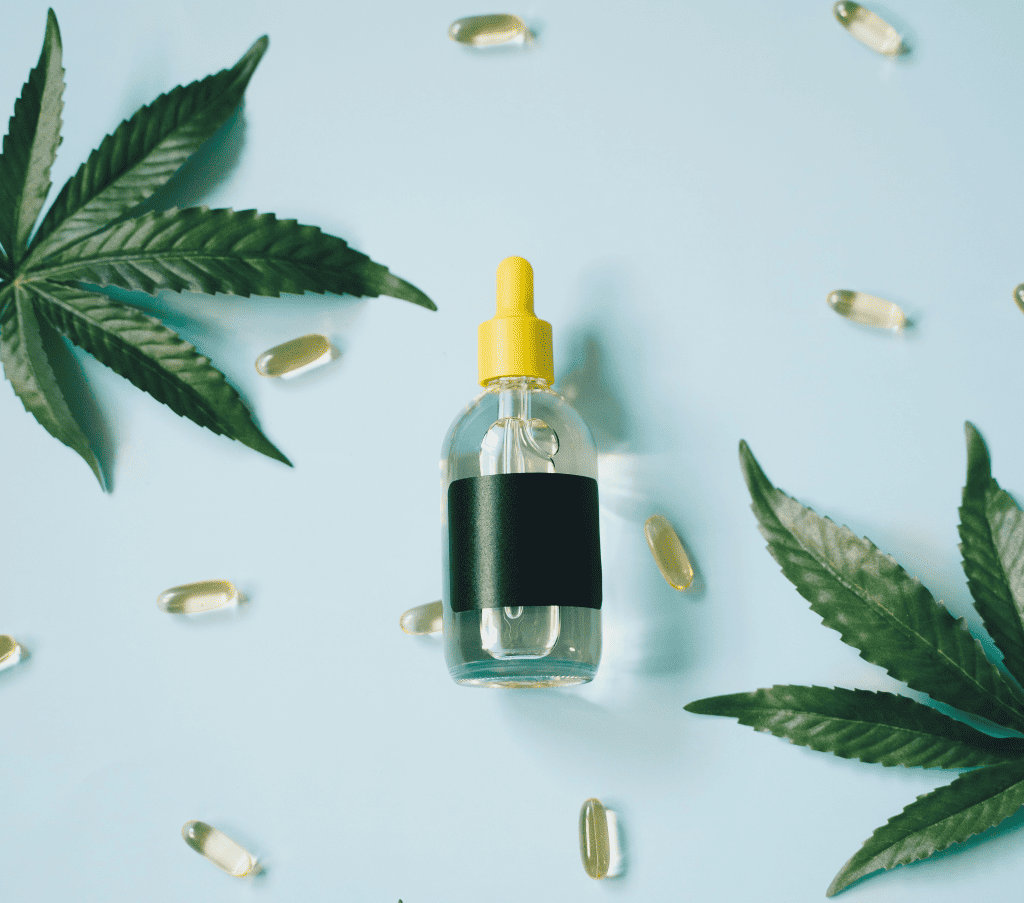Cannabis Basics
What Does CBD Oil Taste Like?
First-timers are usually turned off by the unusual preference, but some CBD oil devotees compare the flavor to that of fine wine.
Every batch of CBD will have a different flavor, much like a good red wine. Additionally, 2 bottles of the same brand’s CBD oil may taste very different from one another (we’ll see why soon enough!).
There are several ways to disguise the flavor of CBD if you don’t like floral, earthy, or musky aromas.
Because CBD is a natural product, the less processing it goes through, the better. As a result, its flavor characteristic is bitter and earthy.
Terpenes and flavonoids, which are derived from the hemp plant during processing, give CBD oil its flavor.
Together, these ingredients help create a distinctive flavor character and provide additional restorative benefits. They also improve CBD by increasing the entourage effect, which greatly increases its effectiveness.
How do terpenes affect the taste of CBD oil?
Let us let you in on a little secret: the terpenes of the plant still make up a significant portion of it.
One of the key components that affects how CBD oil tastes is terpenes. Terpenes have advantages whether you like the flavor or not, and they aren’t just found in cannabis plants.
Most plants contain aromatic chemicals called terpenes. If you’ve ever wondered what gives plants and flowers, like oranges and lavender, their unique scents. Yes, you guessed correctly; those are terpenes.
How do flavonoids affect the taste of CBD oil?
In CBD oil, flavonoids typically produce the bitter citrus peel flavor. They can be present in many plants and have a number of positive health effects for cell signaling as well as antioxidant effects.
Flavonoids come in six different varieties: flavonols, flavones, flavanones, isoflavones, and anthocyanidins.
Fruits, vegetables, cocoa, teas, and other foods rich in these plant compounds are readily available.

